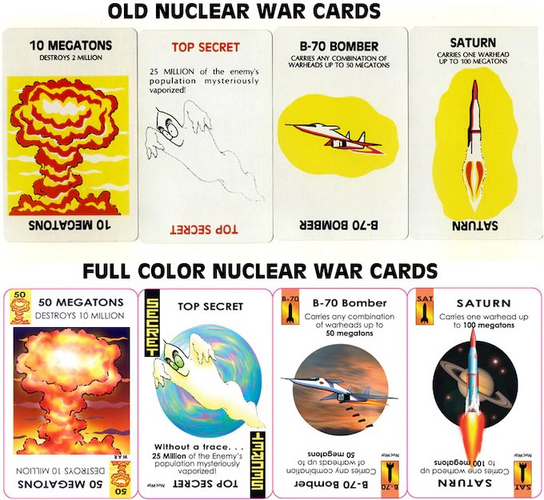- Joined
- 9 October 2009
- Messages
- 21,928
- Reaction score
- 13,552

Russia 'may have packed explosives' onto the Nord Stream pipelines during construction
Russia may have packed explosives onto the Nord Stream pipelines while construction was being finalised last year, said the former head of Ukraine’s state energy company.
Evacuation centres in Kyiv are being given iodine pills in case of a nuclear strike on the capital, the city council has announced.
In a statement, authorities said pills will be distributed to residents in areas contaminated by nuclear radiation if there is a need to evacuate.
Potassium iodine pills can help block the absorption of harmful radiation by the thyroid gland if taken just before or immediately after exposure to nuclear radiation.
It comes after the Kremlin said on Tuesday that it did not want to take part in "nuclear rhetoric" spread by the West after a media report that Russia was preparing to demonstrate its willingness to use nuclear weapons in its conflict with Ukraine.
It was reported on Monday that the Nato military alliance had warned members that President Vladimir Putin was set to demonstrate his willingness to use nuclear weapons by carrying out a nuclear test on Ukraine's border.
Kremlin spokesman Dmitry Peskov said: "The Western media, Western politicians and heads of state are engaging in a lot of exercises in nuclear rhetoric right now. We do not want to take part in this."

























